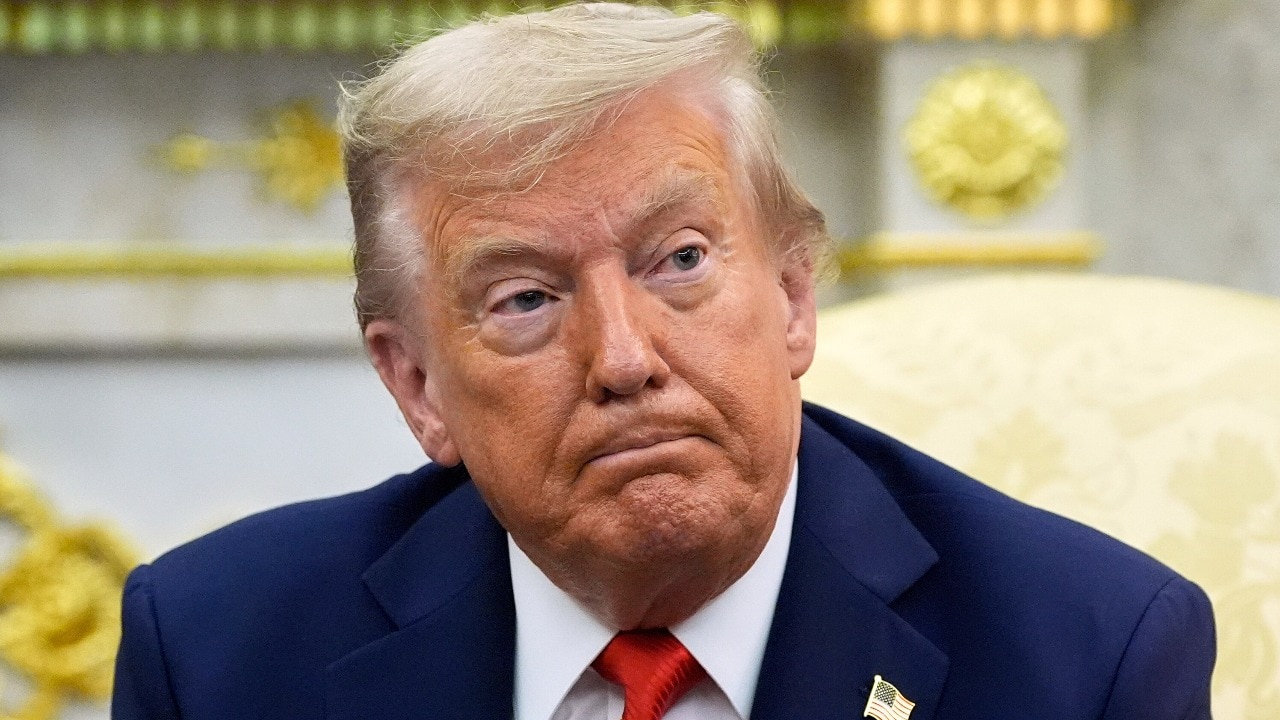Trump Announces Immediate Termination of Trade Discussions with Canada Over Digital Services Tax

On Friday, President Donald Trump took to his social media platform, Truth Social, to announce a shocking decision: the United States is immediately "terminating ALL discussions on Trade with Canada." This abrupt move comes in direct response to Canada's recent announcement of a digital services tax aimed at American technology firms.
In his post, Trump accused Canada of "copying the European Union" with what he described as an "egregious" tax. He expressed his displeasure by stating, "We will let Canada know the Tariff that they will be paying to do business with the United States of America within the next seven day period." This warning underscores the president’s serious stance on what he perceives as a hostile action against American businesses.
Trump elaborated, stating, "We have just been informed that Canada, a very difficult Country to TRADE with, including the fact that they have charged our Farmers as much as 400% Tariffs, for years, on Dairy Products, has just announced that they are putting a Digital Services Tax on our American Technology Companies, which is a direct and blatant attack on our Country." He framed Canada’s tax decision as an imitation of the European Union’s prior actions, further complicating an already troubled trade dynamic.
The implications of Trump’s announcement are significant, as Canada has long been one of the United States' closest allies and a major trading partner. In fact, U.S. goods trade with Canada reached approximately $762 billion last year, emphasizing the economic interdependence between the two nations.
Following the president's declaration, markets reacted swiftly. The S&P 500 and the Nasdaq Composite indices both turned negative, retreating from previously reached record highs earlier that same day. This immediate market response highlights the volatility and uncertainty that often accompany sudden changes in trade policy.
The digital services tax introduced by Canada, which was enacted last year and retroactively applies to 2022, is set to begin collecting its first payments on Monday. This tax will impact both Canadian and foreign technology companies operating within its borders, including major U.S. players like Amazon, Google, and Meta.
Despite strong objections from the United States, Canadian officials have stated their intention to proceed with the tax without delay. The office of Canadian Prime Minister Mark Carney has yet to publicly respond to Trump’s latest announcement, leaving many to wonder how this diplomatic challenge will unfold.
This situation is developing quickly, and updates are expected as both countries navigate the fallout from this contentious trade dispute.





























